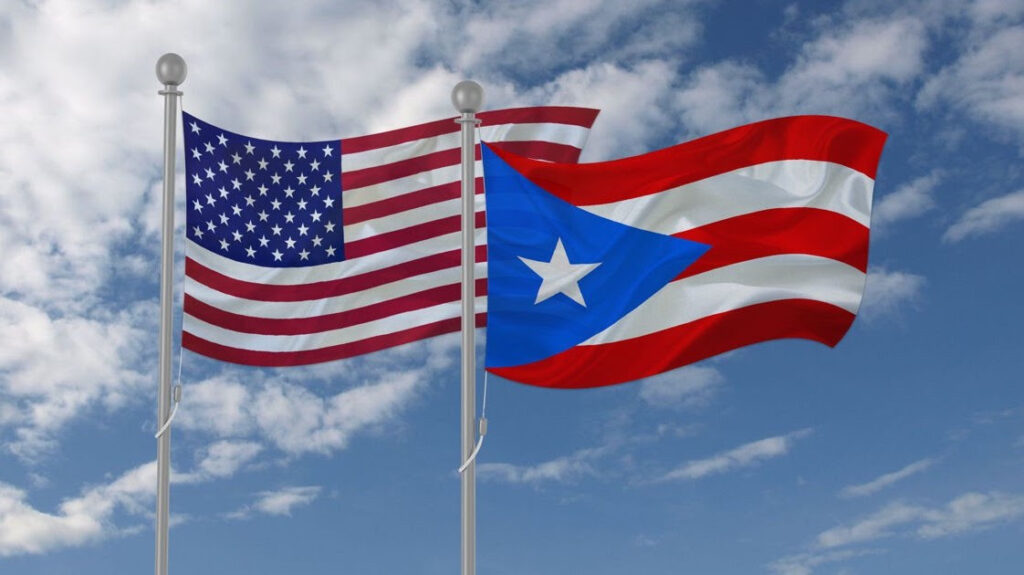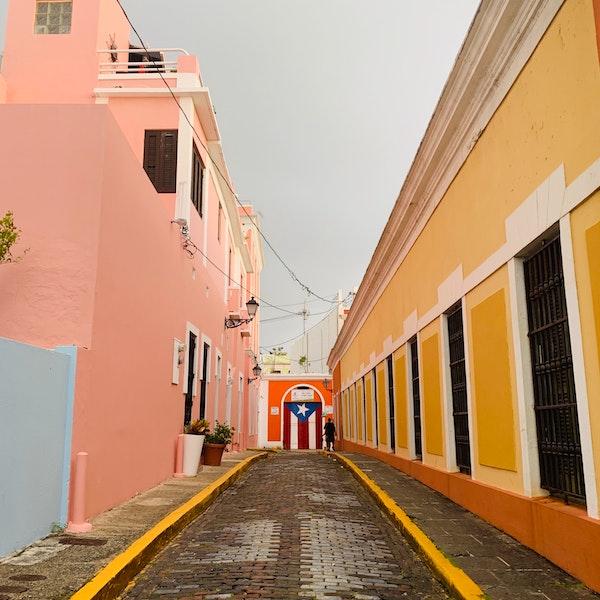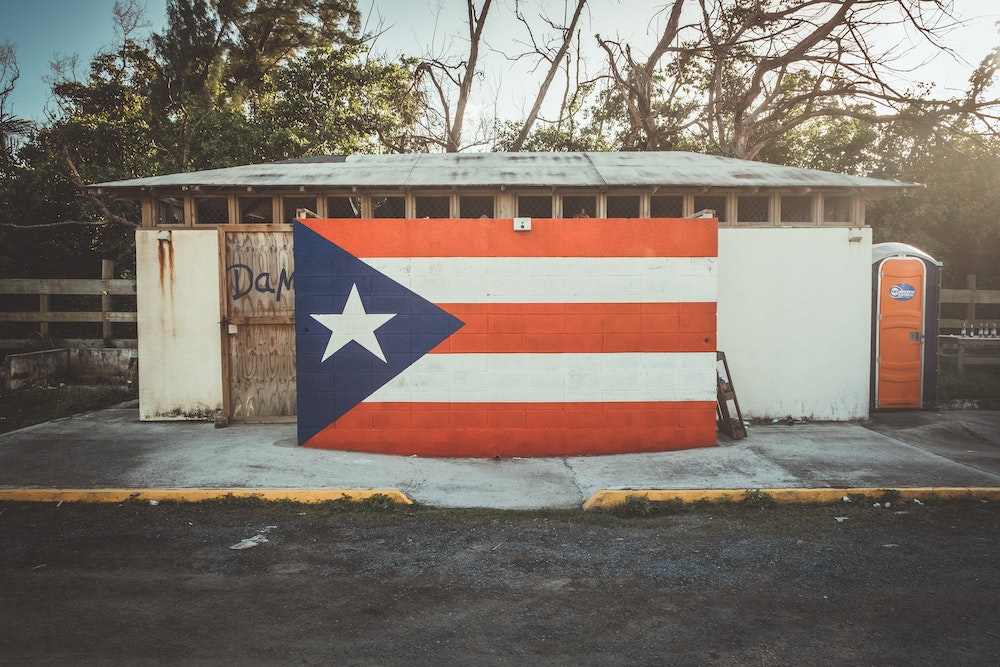Puerto Rico as a state is closer than ever becoming a reality thanks to the Puerto Rico Status Act that is currently pending with a definite decision slated for 2023.
Currently Puerto Rico is still a commonwealth of the United States.
Puerto Rico was acquired by the United States from Spain in 1898 after the Spanish-American War.
Puerto Rico is a self-governing state that is subject to the authority of the U.S. Congress.
Puerto Rican residents can vote in presidential primaries but can not vote in the general election.
The island of Puerto Rico has a nonvoting member of Congress but does not have any voting representatives or senators.
Puerto Rico as a State

Puerto Rico’s status as a US commonwealth has been a topic of debate for many years, with many people calling for the island to be granted statehood.
And now, thanks to the Puerto Rico Status Act, that might finally be a reality.
This groundbreaking piece of legislation would grant Puerto Rico all the rights and privileges of US statehood.
This includes representation in Congress and the right to vote in presidential elections.
This would also mean that Puerto Rico would have access to federal funds.
They would finally be able to benefit from all the programs and services that are available to other US states.
For many people in Puerto Rico, this is a dream come true.
After years of struggling to make ends meet, they finally have the chance to see their island become a full-fledged part of the United States.
It’s an exciting time for Puerto Rico and its citizens, and it’s a chance to finally make their voices heard.
Puerto Rico as a Tax Haven

Puerto Rico is becoming a popular tax haven for investors.
The country offers a number of tax benefits that make it an attractive option for those looking to save on their capital gains and federal income taxes.
For example, Puerto Rico offers a 0% tax rate on capital gains, as well as a 4% rate on federal income tax.
This means that investors can keep more of their hard-earned money in their pockets.
It also makes Puerto Rico an ideal investment destination for retirees.
Retirees won’t have to pay any capital gains taxes on their investments.
Additionally, Puerto Rico offers a number of incentives to businesses, such as tax credits for hiring local employees and lower corporate tax rates.
All of these benefits make Puerto Rico a great location for investors and businesses alike.
So if you’re looking for a tax haven that will help your investments grow, Puerto Rico might be perfect place for you.
Puerto Rico Jones Act

The Puerto Rico Jones Act is a law that has been in effect since 1917.
The law is named after US Navy officer and adventurer Alfred Thayer Jones.
Jones was the first person to explore and map the island of Puerto Rico.
The Jones Act is a marine act that allows ships from US ports to transport goods between US ports and Puerto Rico, which is a US territory.
The act has been controversial for a number of reasons, including its impact on the cost of goods and the shipping industry.
The Jones Act has been criticized for its impact on the cost of goods.
Critics argue that the act drives up the cost of goods due to transportation costs.
The act also creates a barrier to entry for foreign ships, which can lead to higher prices for goods.
In addition, the act has been criticized for its impact on the shipping industry.
Critics argue that the act is outdated and doesn’t reflect the changing needs of the shipping industry.
They argue that the act is a barrier to entry for new shipping companies, which can lead to higher prices for goods.
Despite these criticisms, the Jones Act remains in effect. Congress has not passed a replacement for the Jones Act, and there is currently no proposal to do so.

